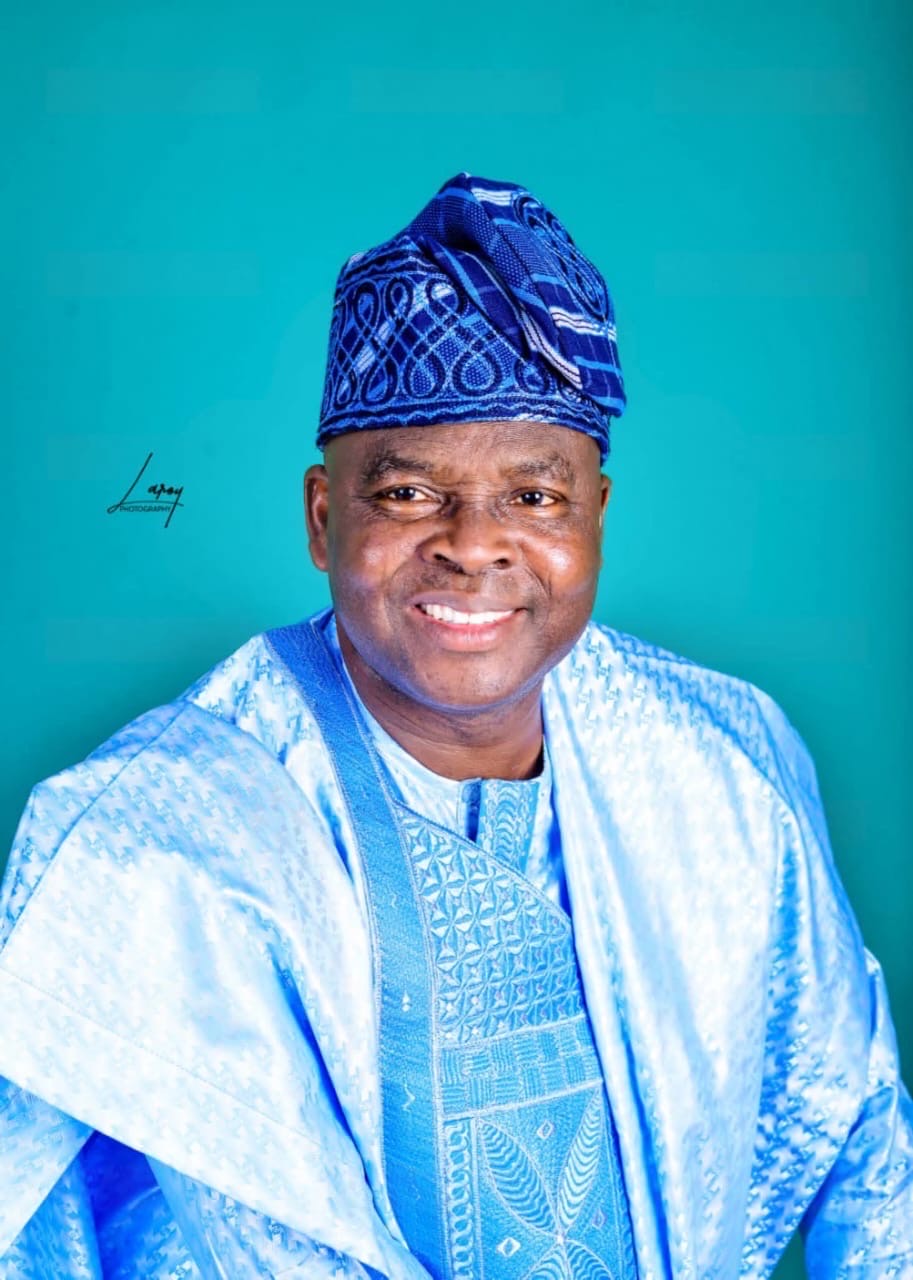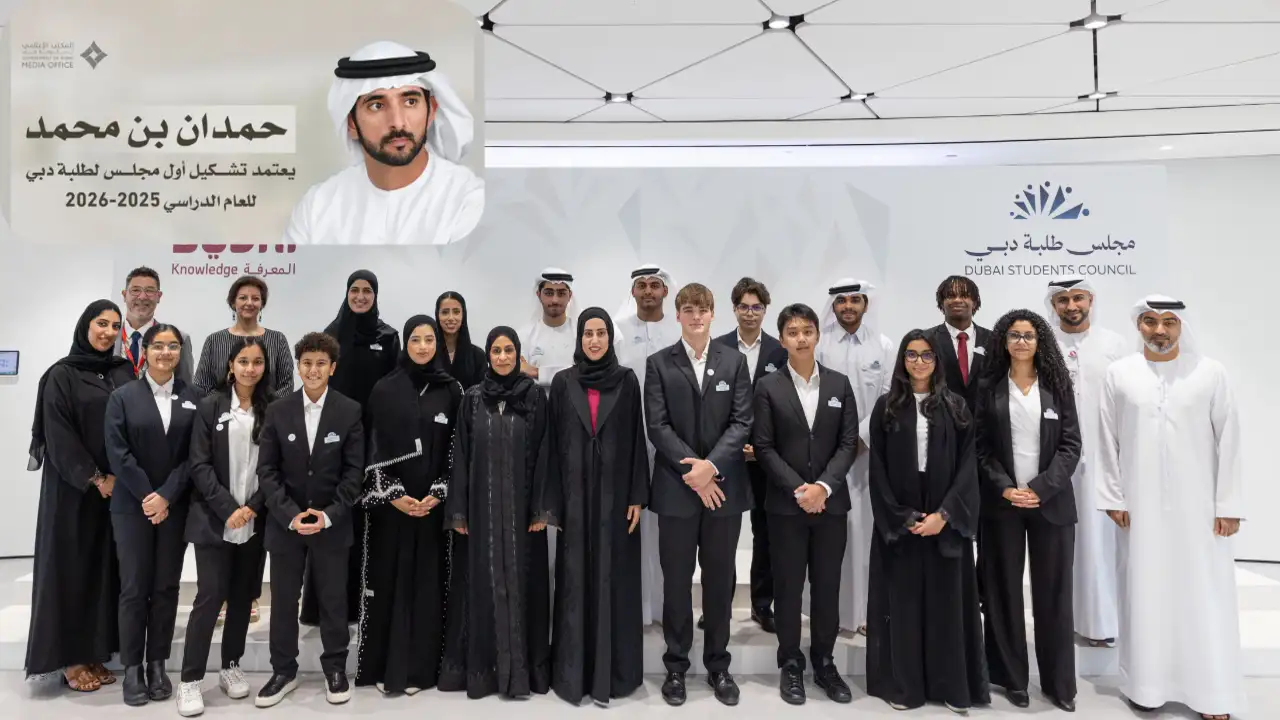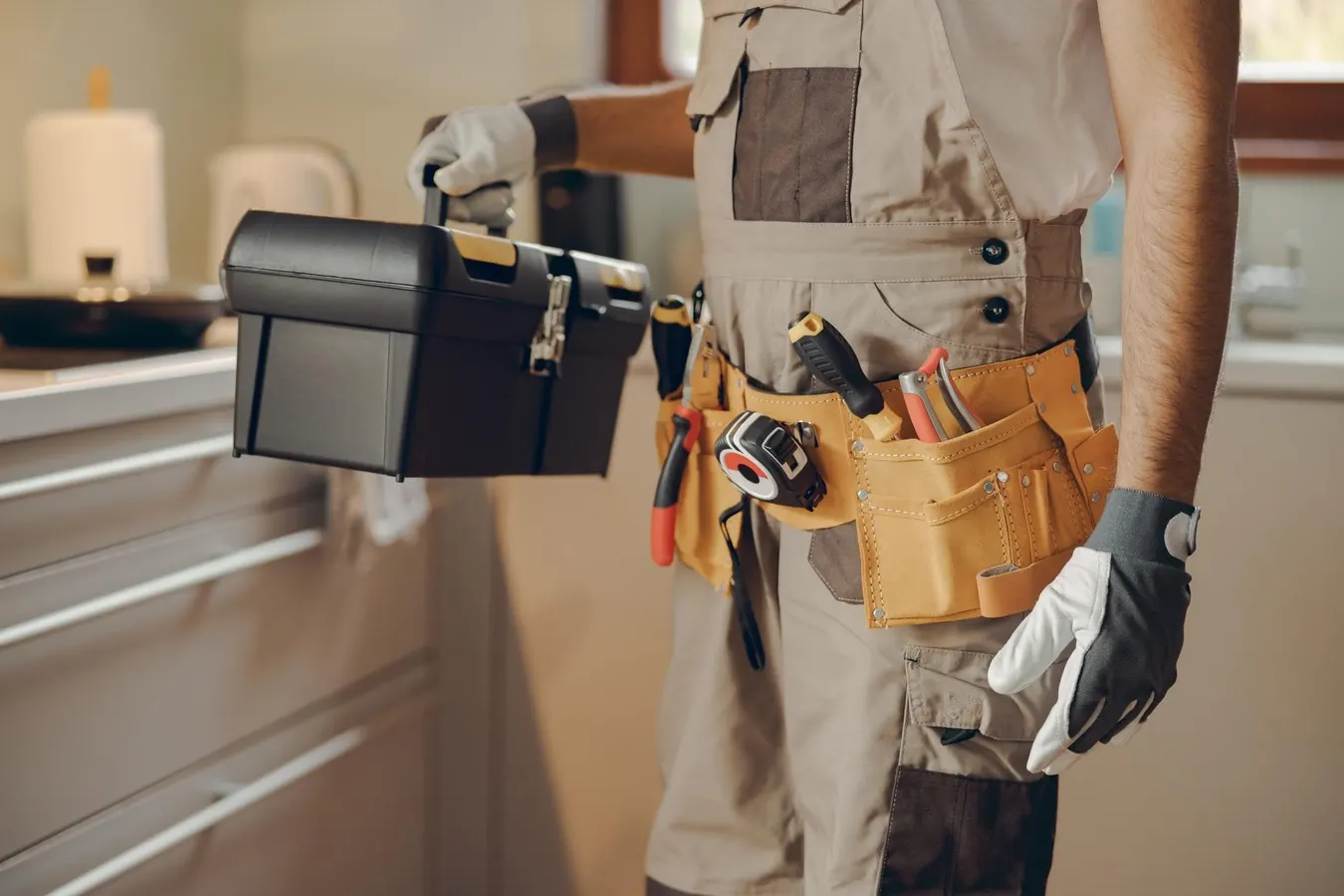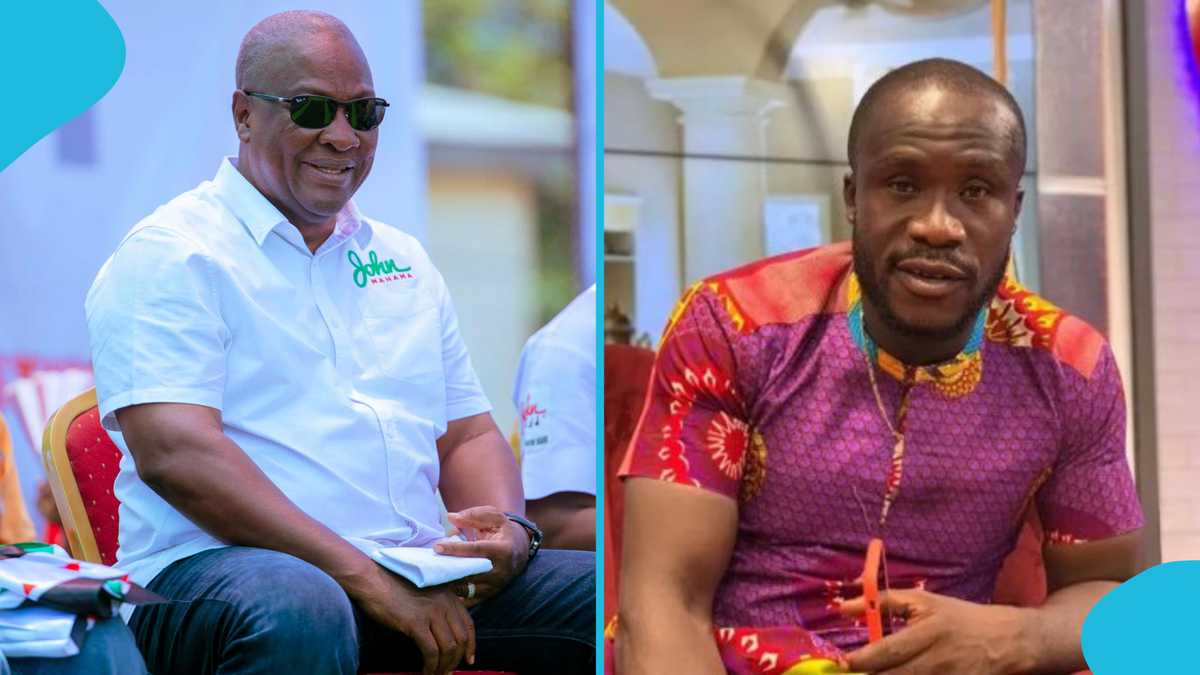Copyright thenationonlineng

Founder, DEE Grace H20, Dn. Olusegun Oluseyi Odewole has asserted that access to clean and healthy drinking water remains a serious challenge for the average Nigerian, stating that while water may be available in many places, truly safe water is still out of reach for a large portion of the Nigerian population. Speaking in a recent interview, Odewole shared his insights on the state of water accessibility, regulation, and the challenges of maintaining safety standards in Nigeria’s water industry. He said,: “In the Nigeria of today, access to clean water remains a serious challenge, while people who dwell in the cities may have wide options like bottled or sachet water, rural areas still depend on wells, streams, or boreholes that aren’t always safe. ” Even in urban centers, water scarcity forces many to buy from vendors, often at high prices and with no guarantee of purity. So yes, water is available but safe water is still not accessible to everyone.” Speaking on government oversight, he stressed the importance of regulatory bodies but also pointed out the gaps in monitoring and enforcement. He said: “Government Agencies like NAFDAC and SON are responsible for enforcing standards, and their work is essential. However, monitoring is often weak and inconsistent. Some producers still evade proper registration and testing. If these agencies had more funding, trustworthy/corrupt free officials, stronger oversight mechanisms, and less bureaucracy, their impact would be far greater.” Addressing the rise of fake or poorly treated water brands, the DEE Grace Water CEO noted that it has greatly affected consumer confidence. “It affects trust deeply, people are beginning to doubt even well-labeled products. Many rely only on brands they know or those recommended by friends. This mistrust not only endangers public health but also hurts small, honest producers trying to build credibility,” he said. Balancing business and public responsibility, Dn. Odewole emphasized that integrity must always come first. “It’s not easy, rising costs sometimes tempt producers to cut corners, but we constantly remind ourselves that we’re dealing with people’s lives, not just a commodity. But for me, as a retired medical practitioner, Integrity has to come first because I strongly believe that Long-term trust and safety are far more valuable than short-term profit,” he said. He also highlighted how economic factors such as fuel and electricity costs directly impact the price and availability of safe water. He said: “They have a huge impact. Most machines for pumping, treatment, and packaging depend on power. Each time fuel or electricity costs rise, production costs also shoot up. In addition, poor road networks make distribution expensive and difficult, which in turn increases the price of water to consumers.” On policy improvement, Dn. Odewole called for stronger collaboration between government and private producers, emphasizing the need for more awareness on the importance of safe and clean water. He said, “I’d love to see stronger collaboration between government and private water producers, the government should make and enforce policies that could support renewable energy solutions for production, they should offer tax relief for companies maintaining high safety standards, and invest in rural water infrastructure. Clean water should be treated as a basic public right. “We need more awareness, many still see safe water as a privilege, people should be taught that clean water is foundational to life and health. Structurally, the government must prioritize water access like education or healthcare. Once people understand its value, they’ll demand accountability and also take ownership of maintaining it.”



